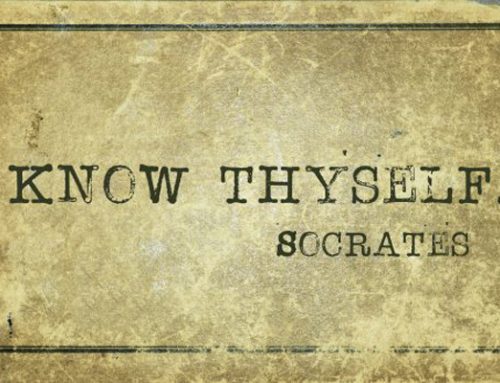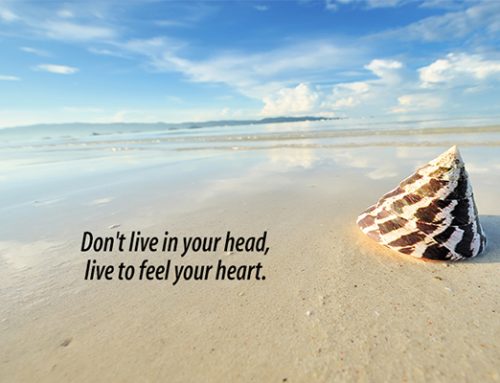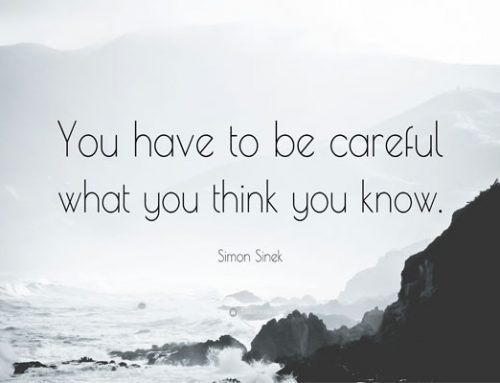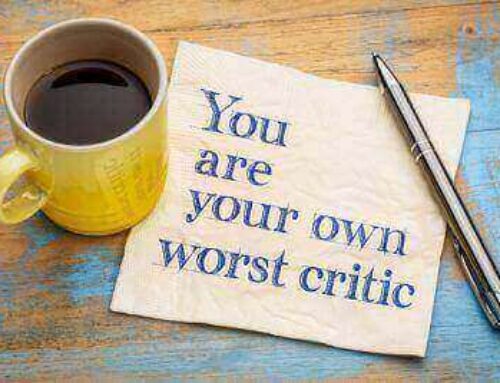Supplements are all the rage today. Protein, creatine, vitamins, minerals, digestive enzymes, herb extracts, anti-inflammatories, anti-oxidants, anti-aging. Somehow, in amongst all of this supplement noise, people have forgotten about the most powerful health-enhancing activity available to us:
Sleep
Getting enough sleep is absolutely crucial to not only your physical goals (weight loss or muscle gain) but also to your life. If you’re sleep deprived and you can find a way to increase your sleep each night by 30 to 60 minutes you’ll recover better, manage your blood glucose more effectively, lose weight and build muscle more readily all while making smarter decisions!
Research has shown that people who get less than 6 hours of sleep per night gain almost twice as much weight as those who get 7 or 8 hours of sleep per night.
Compromised sleep leads to decreased leptin (keeps hunger at bay), increased ghrelin (stimulates hunger) and reduced insulin sensitivity (bad!).
Another study that followed the growth of 9,000 children from birth found that children who slept the least at 30 months were the most likely to be obese at age 7.
Insufficient sleep can influence the type of food you’re likely to go for. A study involving 12 young, healthy, normal-weight men found that just 2 nights of 4 hours of sleep (no napping) was enough to significantly lower leptin (blunts your hunger) and heighten ghrelin (makes you hungry!).
This resulted in the young men experiencing intense cravings, particularly for energy dense, processed foods like sweets, cakes and bread.
A lack of sleep doesn’t just negatively affect your weight, it also increases your risk of heart attack, sudden stroke and cardiac arrest. You’re also at a significantly increased risk of insulin resistance, glucose intolerance and type 2 diabetes.
This was demonstrated in a study involving 11 healthy young men. Each had their sleep restricted to just 4 hours a night across 6 days. At the end of this period each man had the insulin sensitivity of a 70 year old pre-diabetic!
I’d love to sleep more but……
One of the most common reasons I hear for a lack of sleep is long, stressful work hours. However, one of the biggest reasons for not enough sleep is voluntary bed-time delay! After a long, stressful day people feel they deserve to crash out for a few hours in front of the T.V. Finally, when they do get to bed they end up staring at their smartphone, scrolling mindlessly through a load of junk they don’t care about and, worse still, soaking up an endless stream of bluelight, completely screwing up their sleep-wake cycle. Not. Good.
What can you do?
Establishing a sleep routine can improve sleep quality dramatically. By creating a sequence of behaviours and doing them repeatedly every night before sleeping you can create environmental associations in your brain that will, over time, tell your brain that it’s almost time to shut down for the day. It goes without saying that these behaviours should promote relaxation and restfulness. Therefore, anything involving artificial light is out.
Keep a regular schedule
Our bodies like routine. Going to bed and waking up at the same time consistently will result in your brain releasing calming hormones like melatonin when it’s time to sleep and stimulating hormones like cortisol when it’s time to wake up.
Keep caffeine and alcohol to a minimum
Truly restful sleep comes from deep sleep. Both caffeine and alcohol interfere with our bodies ability to enter deep sleep.
Have your last coffee before midday.
Limit your alcohol intake as much as you can.
And remember, while you may argue that alcohol relaxes you and so helps you sleep, there is a dose response relationship between units of alcohol consumed and sleep quality. Poor sleep quality reduces your stress tolerance, thereby making you more susceptible to overreacting to potentially stressful scenarios. That means you come home feeling like you’ve had a rubbish day, which you brood on, then drink to soothe your stress only to have another crappy night’s sleep. And so the cycle continues.
I’ve had clients tell me that after giving up routine evening alcohol consumption they’ve become a ‘nicer person’. This will be largely due to a significant increase in their resiliency and stress tolerance. This means previously stressful situations will no longer be experienced as such while situations that are genuinely stressful will be handled more positively.
Bed-time journal catharsis
How many times have you lay there staring at the ceiling thinking about all the things you need to do tomorrow, all the things you should’ve done today or repeatedly going over that thing that person said to you and the thing you should’ve said back. Waste of time. All that thinking is a waste of time. It doesn’t get you anywhere except further into a sleepless night.
In his book, Getting Things Done: The Art of Stress-free Productivity, David Allen talks about the benefit of writing out on paper whatever thoughts are swirling around in our heads. He talks about how the brain will continue to flitter between your concerns as it fears that it may forget them before it reaches appropriate solutions. By externalising those thoughts you actually allow your brain to relax since forgetting those concerns is no longer an issue: you’ve externalised them. You can now return to them at a later date, with a fresher mind.
Few people will actually try this. But those clients of mine who have tried it have been extremely surprised by its effectiveness.
Turn off the electronics and get your ass to bed!
Our bodys’ circadian rhythms, that is, our natural sleep/wake cycle is regulated by our hormones which are regulated, stimulated and/or suppressed by LIGHT. One of the most critical hormones for our sleep is melatonin. And if you’re exposing yourself to a lot of artificial light before bed you are willingly SUPPRESSING this critical hormone. This will not only mess with your ability to get to sleep but also the quality of your sleep as well as your metabolism.
So, if you think you’re ‘unwinding’ by watching late night television, watching videos on YouTube, scrolling through instagram or reading some article that has absolutely no relevance to your life, you’re not. And really, you know that you’re not. So ditch the electronics and get your ass to bed. You’ll have a better life for it.





Leave A Comment